Parmesan Hazelnut bonbon
- Level:
-
Medium
Parmesan ganache
Used products: Parmesan ganache
-
200 ghalf & half
-
150 gparmesan cheese
-
40 gsorbitol
-
30 gdextrose
-
10 ginvert sugar
-
1 gsea salt
Preparation: Parmesan ganache
Cut large chunks from the piece of parmesan.
Place chunks in a pot with the half & half and bring to a boil.
Take off heat, cover in plastic wrap, and let infuse for 2 hours.
Strain, add all sugars, and warm up to 40° C.
Place white chocolate on a sheet pan. Place in a 200° F oven.
Stir every 10 to 15 minutes. Cook until the milk powder has caramelized. As the color gets darker, the caramel flavor gets stronger.
Make an emulsion by adding the caramelized white chocolate.
Salty hazelnut duja
Used products: Salty hazelnut duja
-
1125 gNPN-HA1BY
-
10 gsea salt
-
225 g
Preparation: Salty hazelnut duja
In a bowl, mix hazelnut paste with sea salt & melted cocoa butter.
Add the tempered milk chocolate.
Decor
Start with very clean molds.
Spray dark chocolate spray (50% plain cocoa butter + 50% Cacao Barry Extra-Bitter Guayaquil 64% dark chocolate), tempered at 32° C, all over the mold.
Place the molds in the fridge for 10 minutes.
When they are at 18° C, make shells with tempered Cacao Barry Extra-Bitter Guayaquil 64% dark chocolate.
Assembly
Either temper the hazelnut duja on a granite slab or use the seeding method with tempered Cacao Barry Lactée Barry Équilibre 36% milk chocolate.
Make a double shell with the tempered hazelnut duja on the dark chocolate shells. Treat the duja like chocolate and fill the molds. Tap out the access.
Place in the fridge for 10 minutes.
Fill with parmesan ganache, leaving room for the hazelnut duja. Fill remaining space with hazelnut duja.
Place in the fridge for 10 minutes.
When the molds are at 18° C, close with tempered Cacao Barry Extra-Bitter Guayaquil 64% dark chocolate.
TECHNICAL TIPS: Choosing the correct elements
No one talks about this, but in my opinion, a big part of a bonbon’s success is finding the right ratio between couverture shells and the filling. Picking the right mold and the right couverture is as important as finding a good recipe.
PICKING THE MOLDS
In a small mold, we will have a lot more chocolate versus filling. That being said, a small mold requires a really strong flavor filling. Otherwise, all we are going to taste is the couverture of the shell. On the other hand, if we want to have several texture in one bonbon, it is always better to use a bigger bonbon mold. It will otherwise be impossible to taste all the different components.
PICKING THE COUVERTURE:
When it comes to picking the couverture there are two things to take into consideration.
1. CLASSIFYING THE FLAVOR OF THE FILLING - Mild, medium, or strong? As a general rule I use milk and white couvertures for the shells in mild and medium flavor fillings. I use dark couverture for strong flavor fillings.
2. SWEETNESS LEVEL OF THE FILLING - Depending on the sweetness of a filling, we might be able to balance the bonbon by pairing it with a bitter chocolate shell.

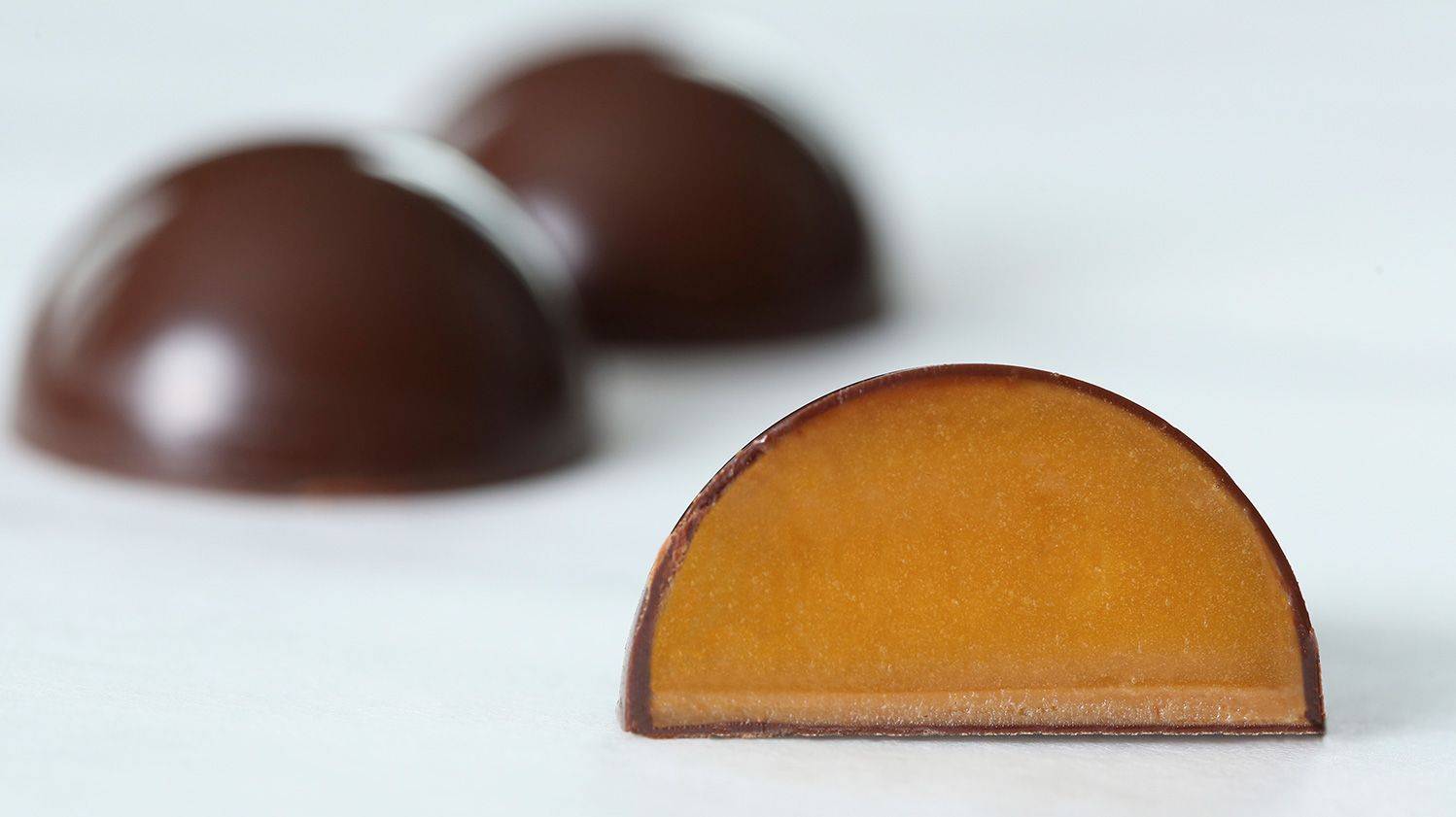

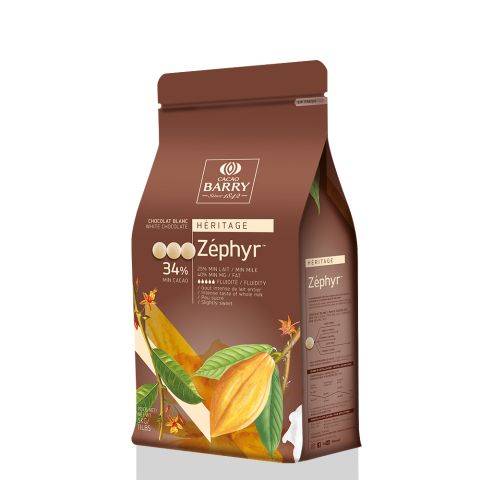
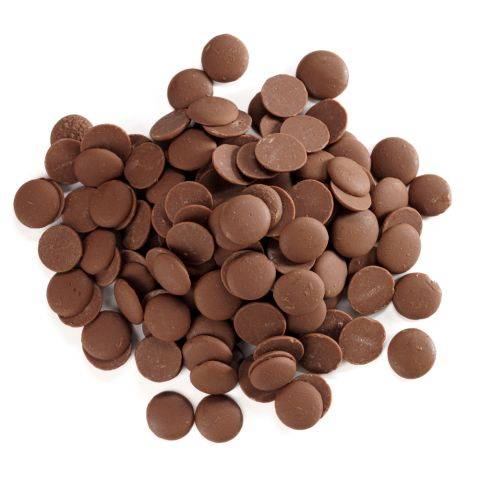

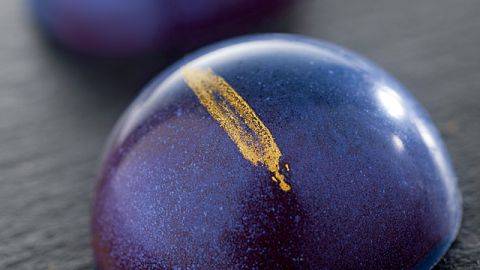
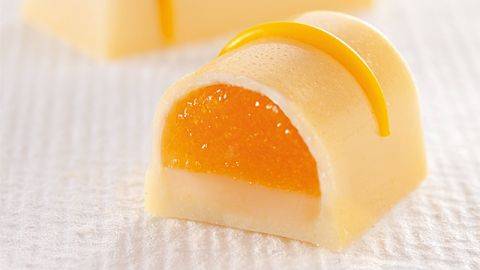
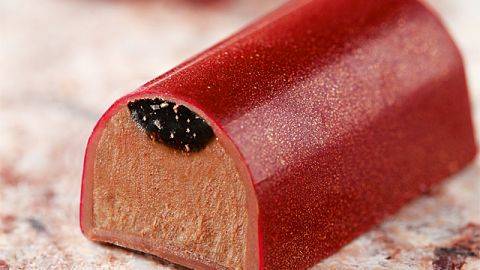

Comments
Submitted by Desislava Hristova on Wed, 02/28/2024 - 02:54
I would ask for the shelf life of this recipe?
Thank you for sharing!